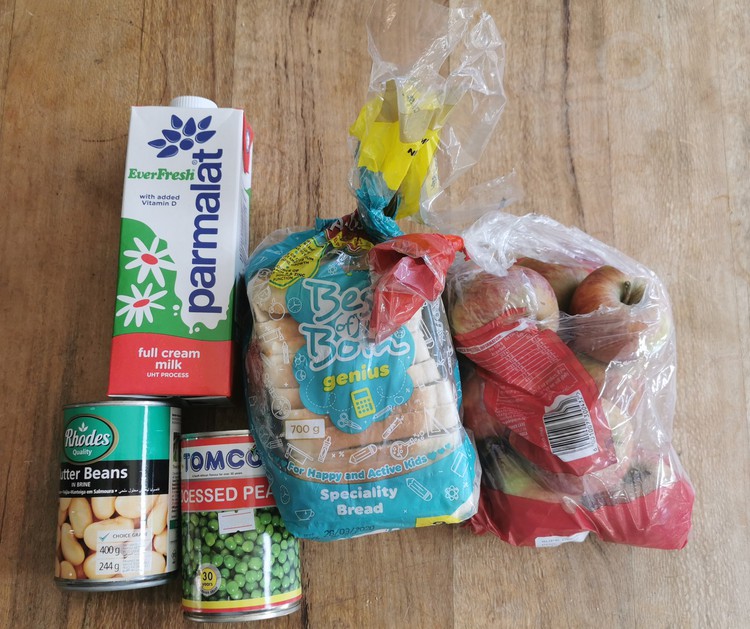Covid-19: New regulations clamp down on profiteering
Competition Tribunal can deal with matters urgently and impose pricing orders
New regulations to clamp down on profiteering during the lockdown allow for the Competition Tribunal to hear matters on an urgent basis - and to impose pricing orders.
The urgent complaints procedure has now been clarified and follows the general rules applicable in civil court proceedings, albeit with truncated time periods.
Complaints may be lodged under the Consumer Protection regulations drafted to protect consumers and customers from ”unconscionable unfair, unreasonable and unjust or improper commercial practices” and excessive pricing.
The regulations dictate that any price increase which does not correspond to the increase in providing goods and services or increases the net margin or mark-up above the average in the three month period prior to 1 March this year, can come under the scrutiny of the tribunal.
The goods and services listed are basic food and consumer items, emergency products and services, medical and hygiene supplies and emergency clean-up products.
A firm found to have contravened these is liable for penalties of a fine up to R1 million or 10% of the firm’s turnover and imprisonment for a period not exceeding 12 months.
The latest regulations, gazetted on Friday, say a complaint must be laid by filing a notice of motion, with a founding affidavit, with the Competition Commission. The complaint must indicate the order sought against the respondent and state the name and address, electronic or otherwise, of all respondents.
The commission may refer the complaint to the tribunal. If it issues a non-referral, the complainant can then go directly to the tribunal.
The complainant must set out the grounds for urgency and material facts or points of law and evidence in support of the case.
Respondents have 72 hours to file answering affidavits and the complainant another 24 hours after that to file any further papers.
The papers are to be filed electronically and the tribunal may direct that proceedings be conducted via video or telephone link.
The regulations state that if there is a substantial dispute of fact which cannot be resolved on affidavit, it can refer the matter to oral evidence on an expedited basis.
The tribunal may impose a pricing order on any firm found guilty of contravening the law. This can be appealed or reviewed on an urgent basis to the Competition Appeal Court provided that the pricing order will remain in force until it is finally resolved.
Support independent journalism
Donate using Payfast

Don't miss out on the latest news
We respect your privacy, and promise we won't spam you.
Next: Covid-19: “I’ve lost six months of my income” says musician
Previous: After the storm: protesting refugees settle in to marquee life
© 2020 GroundUp.
This article is licensed under a Creative Commons Attribution-NoDerivatives 4.0 International License.
You may republish this article, so long as you credit the authors and GroundUp, and do not change the text. Please include a link back to the original article.

